By Erica Bock, Archives and Rare Books Library Intern
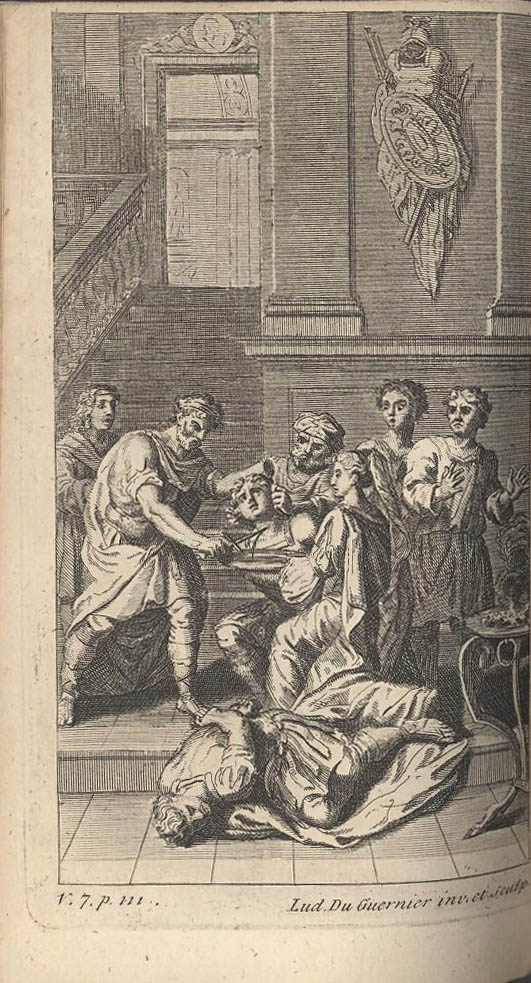 It is that time of year again. It is starting to feel like fall and Halloween is right around the corner. Netflix is coming out with their top Halloween picks. And a category such as “gory” or “gruesome” is bound to be featured, as it is nearly every year. If you are like me, not only do you enjoy a scary film, but there are also books that fit the season. Maybe you are cracking open Bram Stoker’s Dracula or Stephen King’s Carrie. However, I just may have a new recommendation for you. Shakespeare’s Titus Andronicus is a horror story that would definitely be featured on Netflix’s gory or gruesome film choices. And, believe it or not, it would be appealing to the same fans who adore American Horror Story or Sweeney Todd. But apart from appealing to the horror genre buff, this play addresses some issues that may be very close to home.
It is that time of year again. It is starting to feel like fall and Halloween is right around the corner. Netflix is coming out with their top Halloween picks. And a category such as “gory” or “gruesome” is bound to be featured, as it is nearly every year. If you are like me, not only do you enjoy a scary film, but there are also books that fit the season. Maybe you are cracking open Bram Stoker’s Dracula or Stephen King’s Carrie. However, I just may have a new recommendation for you. Shakespeare’s Titus Andronicus is a horror story that would definitely be featured on Netflix’s gory or gruesome film choices. And, believe it or not, it would be appealing to the same fans who adore American Horror Story or Sweeney Todd. But apart from appealing to the horror genre buff, this play addresses some issues that may be very close to home.
Although this story features a horrific fourteen killings, six severed members, one rape, one live burial, one case of insanity and an instance of cannibalism, we can find a number of these barbaric acts relevant to today’s culture. First and foremost, the issue of racism is addressed through these events. Titus Andronicus’ opposing sides consist of the Romans, which are revealed to be the more civilized pale skinned people, and the Goths, the darker skinned people known for their lawlessness and tactlessness. These are simply cultural biases that our culture is no stranger to. However, as the story progresses, both parties commit crimes of hatred, causing the audience to wonder who the heartless and reckless people really are in the end. Continue reading

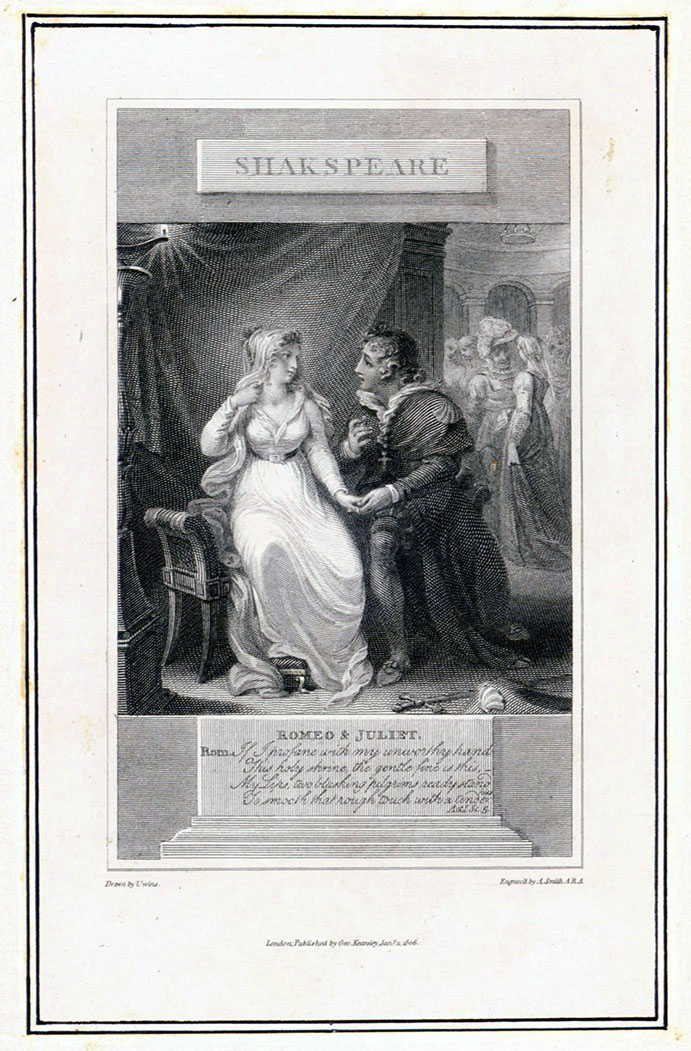

 Read Source, the online newsletter, to learn more about the news, events, people and happenings in UC Libraries.
Read Source, the online newsletter, to learn more about the news, events, people and happenings in UC Libraries.
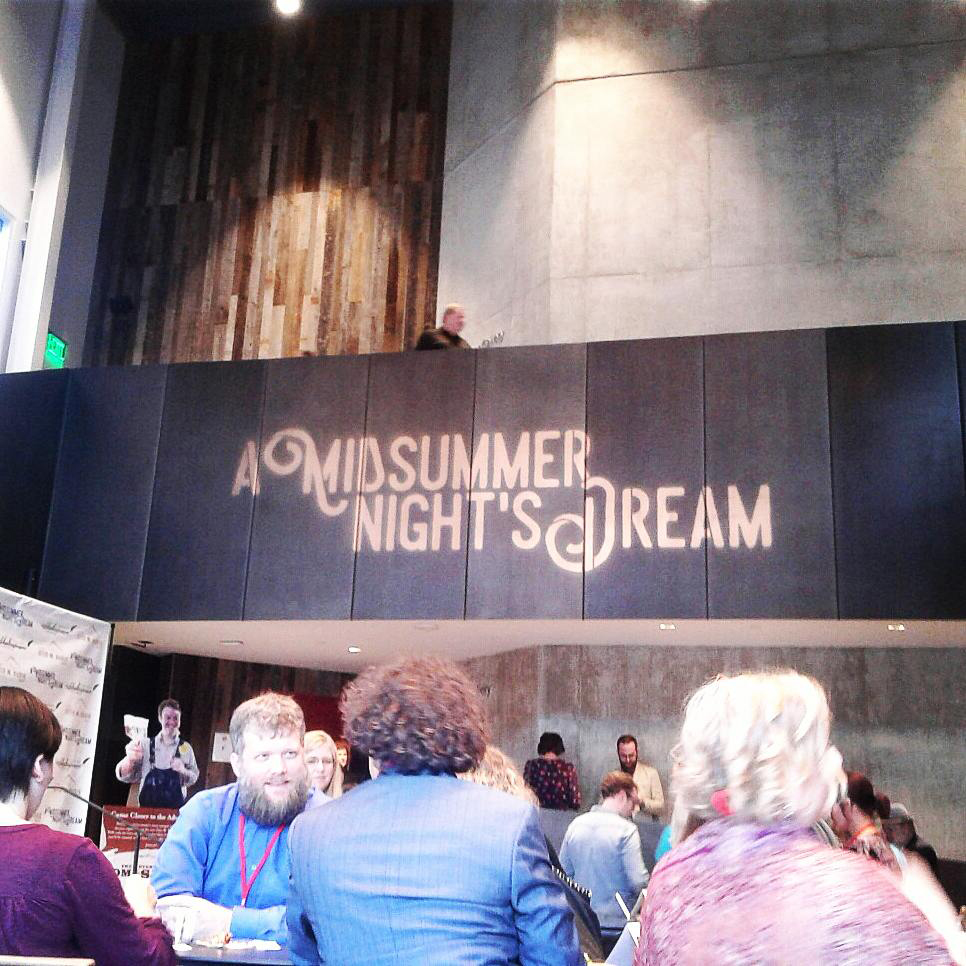


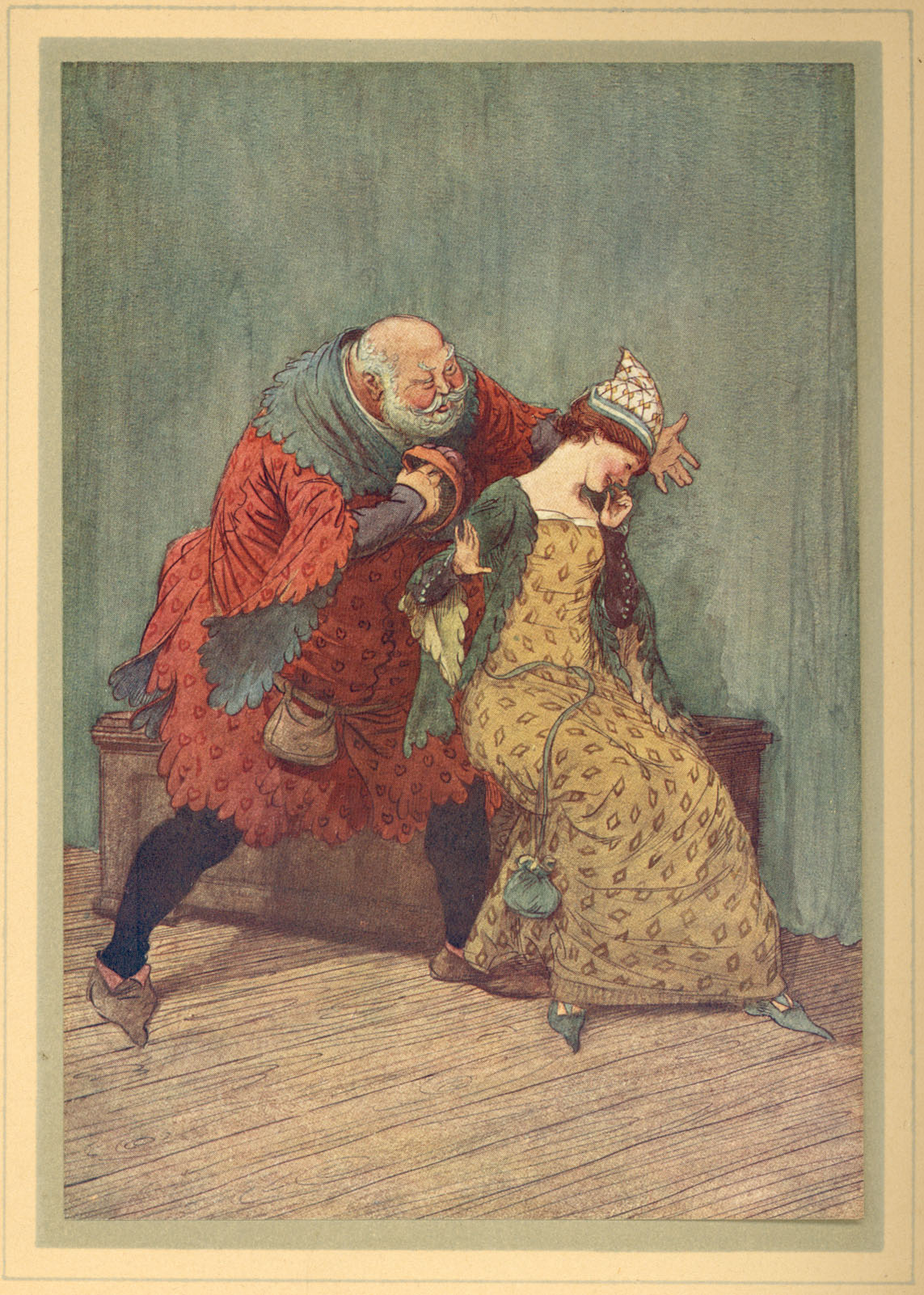 In my previous blog I mentioned that the Cincinnati Shakespeare Company would be putting on free productions of Merry Wives of Windsor this summer as part of its Shakespeare in the Park series. If you’ve read the play or seen the show, you know a main plot point is about Sir John Falstaff and how he tries to seduce Mistress Page and her best friend, Mistress Ford—at the same time. Both women, faithful to their husbands, decide to create quite the fool out of Falstaff by feigning interest and arranging secret meetings between Falstaff and Mistress Ford. Those meetings are always interrupted by Master Ford coming home, thus putting Falstaff in precarious positions. One of the most notable scenes involves Falstaff donning a dress, pretending to be the fat aunt of the Fords’ servant so he can leave the house without being recognized. It’s been long thought of as one of the funniest scenes in the play…why? What is it about a man in a dress that gives us a big chuckle?
In my previous blog I mentioned that the Cincinnati Shakespeare Company would be putting on free productions of Merry Wives of Windsor this summer as part of its Shakespeare in the Park series. If you’ve read the play or seen the show, you know a main plot point is about Sir John Falstaff and how he tries to seduce Mistress Page and her best friend, Mistress Ford—at the same time. Both women, faithful to their husbands, decide to create quite the fool out of Falstaff by feigning interest and arranging secret meetings between Falstaff and Mistress Ford. Those meetings are always interrupted by Master Ford coming home, thus putting Falstaff in precarious positions. One of the most notable scenes involves Falstaff donning a dress, pretending to be the fat aunt of the Fords’ servant so he can leave the house without being recognized. It’s been long thought of as one of the funniest scenes in the play…why? What is it about a man in a dress that gives us a big chuckle? 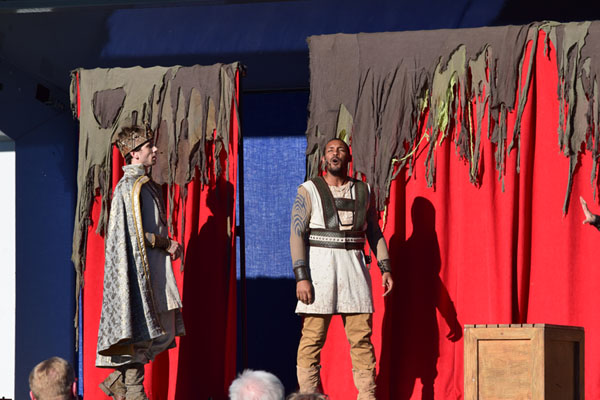
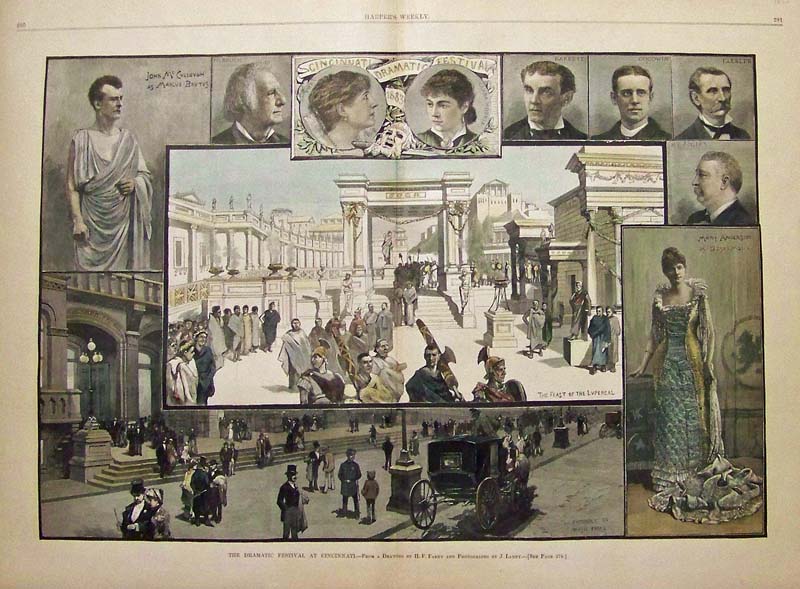
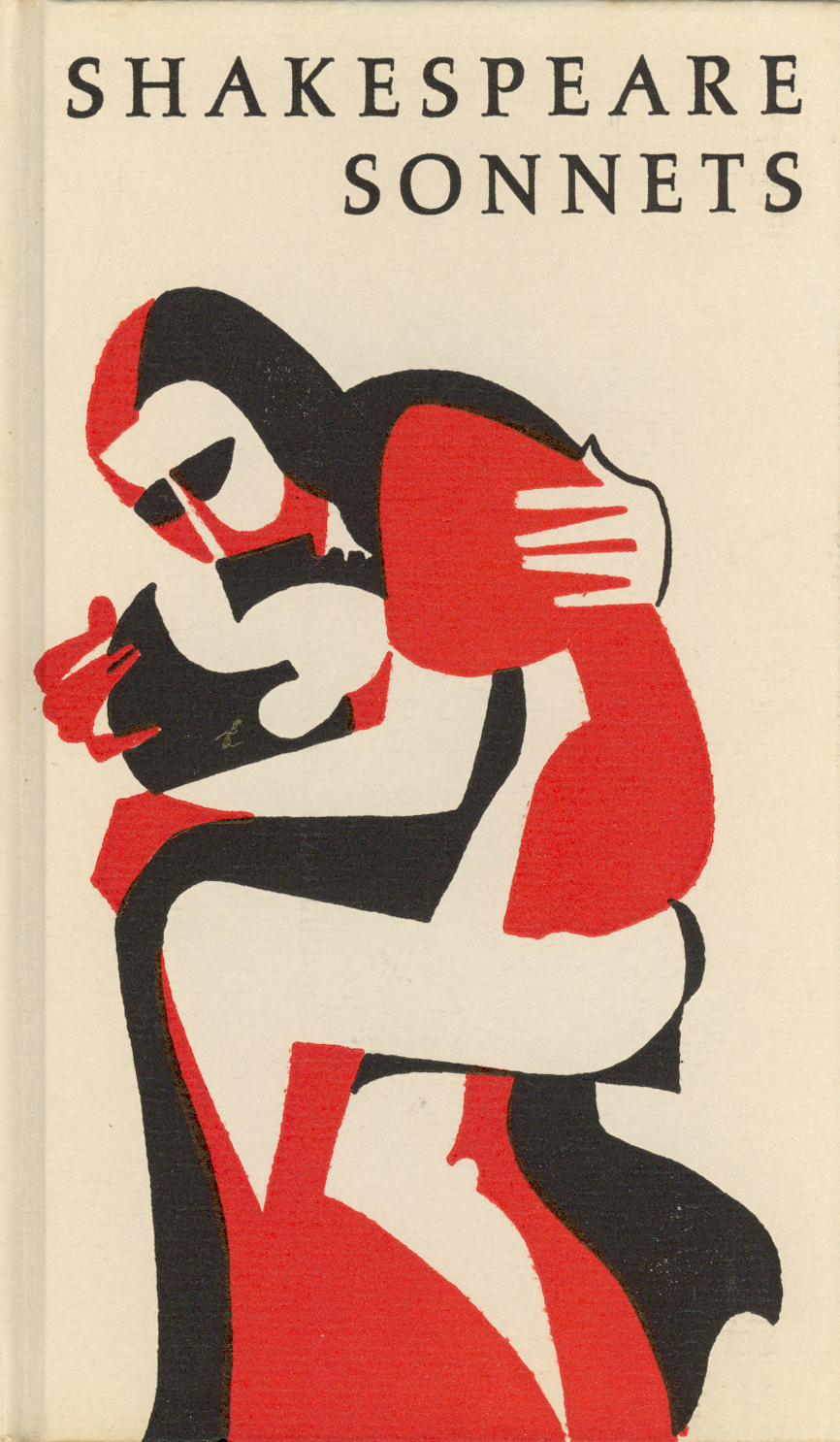 Happy National Poetry Month! In 1996, the Academy of American Poet designated April as the month to officially celebrate poetry. Here at ARB, we celebrate poetry all year round, but figured we would take this opportunity to talk some about Shakespearean sonnets.
Happy National Poetry Month! In 1996, the Academy of American Poet designated April as the month to officially celebrate poetry. Here at ARB, we celebrate poetry all year round, but figured we would take this opportunity to talk some about Shakespearean sonnets.